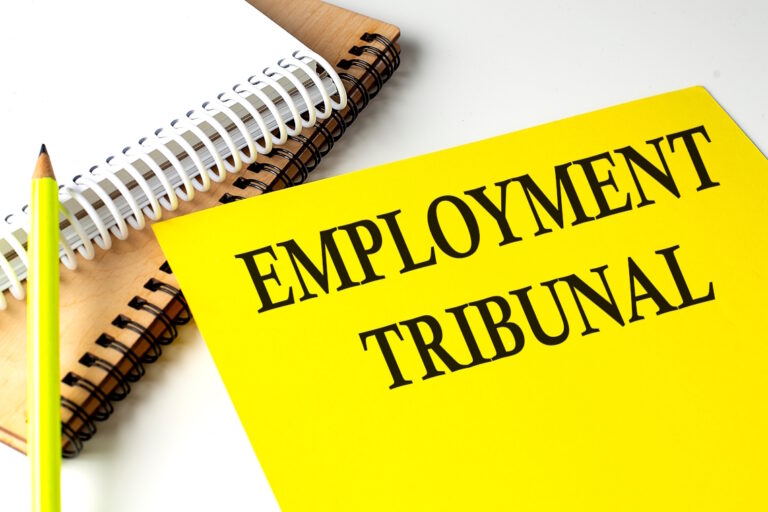Usually, when an employee submits their resignation to you, it’s clear that the employment relationship is ending. The employee is moving on, and — unless there’s a history of poor behaviour or discrimination by the employer, the risk of future claims is low. Manjula v Immigration and Nationality Services Ltd and IANS solicitors However, a… [Read More]
Flexible working requests – 4 tips for employers
From April this year, the right to make a flexible working request became a day one right for all employees. As an employer, you need to have a clear policy in place, setting out the process for making a request and explaining how a request will be dealt with by the business. 4 tips for… [Read More]
Avoid future claims with a settlement agreement
Employers can avoid employment claims from departing employees by using a settlement agreement. These agreements must follow a specific format and the employee must get legal advice before signing. Recent legal cases have examined if settlement agreements can validly settle future unknown claims—those based on facts not existing and not known at the time of… [Read More]
EAT stresses the need for proper consultation in redundancy cases
The Employment Appeal Tribunal (EAT) has urged employers who need to make only a small number of redundancies to make sure that their consultation process doesn’t end up being a ‘tick box’ exercise. Recent indications from several recent EAT cases show that employers are expected to consult, at an early stage, about all aspects of… [Read More]
5 top tips for employers to handle the ‘Summer of sport’
1. Set up viewing areas Consider setting up viewing areas where employees can drop in on the sporting action during the working day. Relax rules for workplace breaks so that employees can time their breaks to coincide with the timetable of the sporting events. Make it clear that you’re providing these to maintain productivity, and… [Read More]






